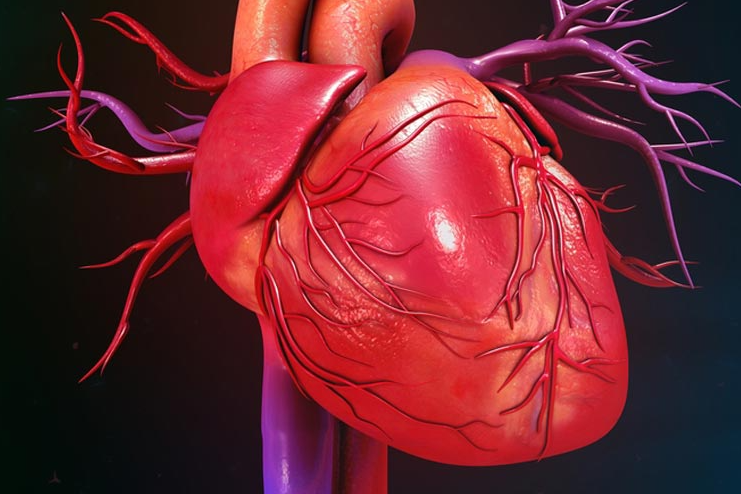If you’re curious about your body’s condition and how much strain your heart can handle, and you don’t have any serious health issues, there’s a test you can perform and check yourself. The European Society of Cardiology has published a new study that provides simple and rapid ways to self-test heart function. The units of measurement were MET.
MET stands for Metabolic Equivalent and refers to the amount of energy the body expends in performing a particular activity. For example, when sitting in a chair, the body consumes 1 MET, and the value of 1 MET is 3.5 ml / kg / min oxygen. Increasing your MET level by two values will reduce your chances of dying from heart disease by one third.
Testing and functioning of the heart
According to Dr. Jesus Peteiro of the University Hospital of La Coruna in Spain, if it takes more than a minute and a half to accomplish 60 steps (4 sets of 15), our heart is in bad form.
A total of 165 patients were enrolled in the trial, all of them were suspected of having coronary heart disease. They all had chest pain and shortness of breath when exercising. On a treadmill, all of the subjects walked and ran, gradually increasing the intensity. Their MET capabilities were assessed when they were exhausted. After that, students were given 15 to 20 minutes to recuperate before taking the grading test.
During the test, no participant was allowed to run or stand. Patients who climbed within 45 seconds reached more than 9-10 MET. On the other hand, those who needed more than 90 seconds had less than 8 MET. That level is associated with a higher chance of dying prematurely.
What to do about heart health?
Heart disease is increased by excessive blood pressure, high cholesterol, and heartbeats that are outside the usual range. Regular physical activity, at least 150 minutes of moderate intensity or 75 minutes of high intensity each week, is required.
A healthy, well-balanced diet is also important. Getting enough fruits and vegetables, whole grains, fiber-rich foods, nuts, omega-3-rich fish, low-fat dairy products, healthy fats, limiting alcohol and salt, and eating more white meat than red meat are all good ideas.




